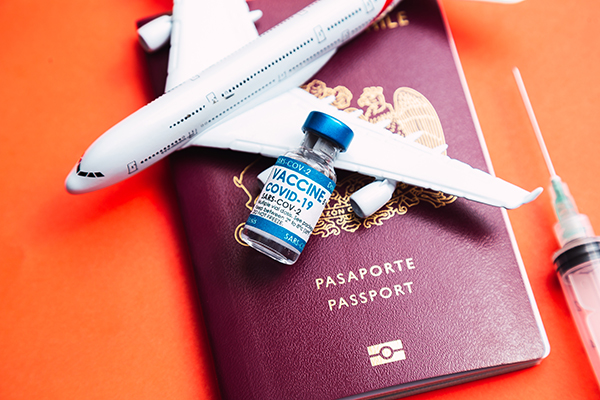
According to the British Department of Health, about 5,000 people die each year from drug-resistant infections. But the UK Sepsis Trust and others have criticized these figures for being based on studies conducted in other countries, many of them with flawed methodology.
For the new analysis, the UK Sepsis Trust looked at the Department of Health's own data to come up with an estimate of 12,000 killed per year by superbugs -- more than twice as high as the current estimate.
This surpasses the number killed by breast cancer, officially considered one of the United Kingdom's top killers. (RELATED: Read more news about the challenges of modern medicine at Medicine.news)
Global health crisis
As the scourge of antibiotic-resistance grows, superbugs will likely continue to overtake other top killers. In 2008, the U.S. Centers for Disease Control and Prevention (CDC) announced that a single superbug, methicillin-resistant staphylococcus aureus (MRSA), had begun killing more people than AIDS.
Antibiotic resistance is spreading so fast that in 2015, World Health Organization (WHO) head Margaret Chan warned that superbugs might "mean the end of modern medicine as we know it."
"The rise of antibiotic resistance is a global health crisis," Chan said. "More and more governments recognize (it is) one of the greatest threats to health today." (RELATED: Learn how to prevent infections and chronic disease at Prevention.news)
The United Kingdom's official superbug death counts are based on studies conducted elsewhere in Europe and in the United States, particularly a 2011 CDC study that applied data from 10 states to the entire country. This study has been widely criticized as untrustworthy.
"These were not scientific estimates," said Dr. Ramanan Laxminarayan of the United Kingdom's Centre for Disease Dynamics, Economics & Policy.
For the new analysis, the UK Sepsis Trust used three separate statistics from the Department of Health: first, that half of sepsis ("blood poisoning") cases are caused by E. coli; second, that a third of E. coli infections are drug resistant; and third, that 44,000 people die from sepsis every year.
Combining these statistics, the trust calculated that 7,479 people per year are killed just by sepsis from antibiotic-resistant E. coli. Using statistics on the other bacteria most likely to cause sepsis, the trust arrived at a total figure of 11,884 people killed by drug-resistant bacteria per year. This surpasses the 11,433 killed by breast cancer in 2014.
Notably, these figures account only for sepsis-related superbug deaths. People killed from other causes -- organ failure caused by MRSA, for example -- are not included in this estimate.
It will probably get much worse
According to the most recent CDC estimates, 23,000 people are killed by superbugs each year in the United States, compared with 41,000 killed by breast cancer. If the U.S. superbug figures are as far off as the British figures turned out to be -- a factor of two -- then superbug deaths likely surpass breast cancer deaths in the United States, as well.
In fact, a 2014 report by the British government's Review on Antimicrobial Resistance concluded that by 2050, outbreaks of just six superbugs -- E. coli, MRSA, Klebsiella pneumoniae, tuberculosis, HIV and malaria -- will kill 10 million people a year worldwide. That's more than the deaths expected to be caused by cancer and diabetes, combined.
The review concluded that the current number killed each year globally is "only" 700,000. The dramatic increase over the next 35 years is expected to come from the ongoing spread of drug resistance due to overuse of antibiotics in medicine and agriculture.
The death estimates account only for people killed directly by the six diseases studied. They do not include people who will die if widespread drug resistance renders antibiotics so ineffective that currently common medical techniques such as surgery, organ transplants and cancer treatment become too dangerous to use.
(Coming soon: Superbugs.news)
Sources:
Please contact us for more information.























